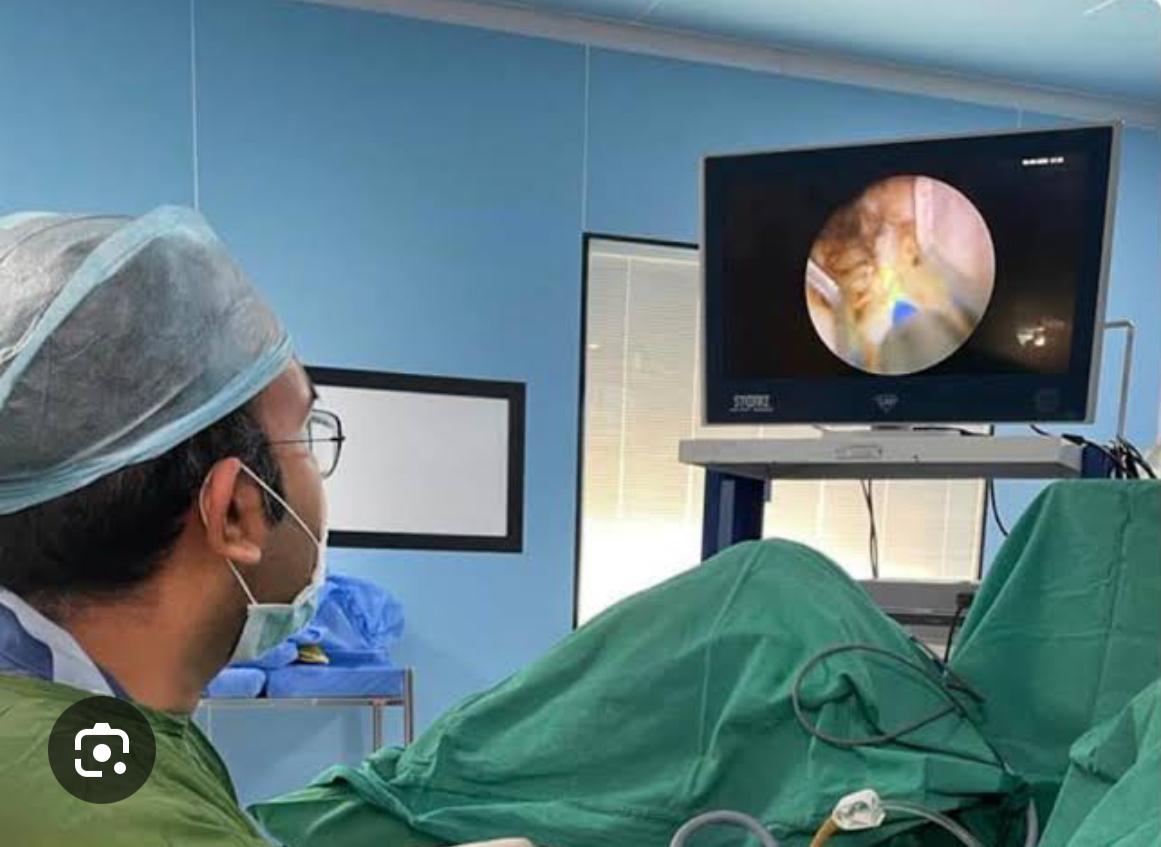
Understanding Prostate Health
The prostate is a small gland that plays an important role in male reproductive health. As men age, the prostate can develop various conditions that may require medical attention.
Common Conditions
BPH (enlarged prostate), prostatitis, and prostate cancer are the most frequent prostate-related issues men face.
Early Detection
Regular screenings after age 50 (or earlier for high-risk individuals) can detect problems when they're most treatable.
Modern Treatments
Today's advanced techniques offer effective solutions with minimal discomfort and faster recovery times.


